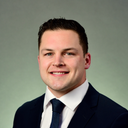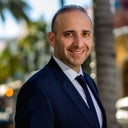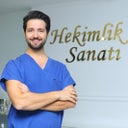Deep plane facelift under local anaesthetic
I am truly perplexed. 52yr, healthy, non-smoker, but NO plastic surgeons here will consider a facelift procedure without GA considering anything else unsafe while in US and Europe it is the norm. The scientific literature supports the increased safety of LA and better recovery. Im curious as to the driver of this decision as all surgeons have got patient safety as the core concern, yet so polar opposite views. Thanks.










